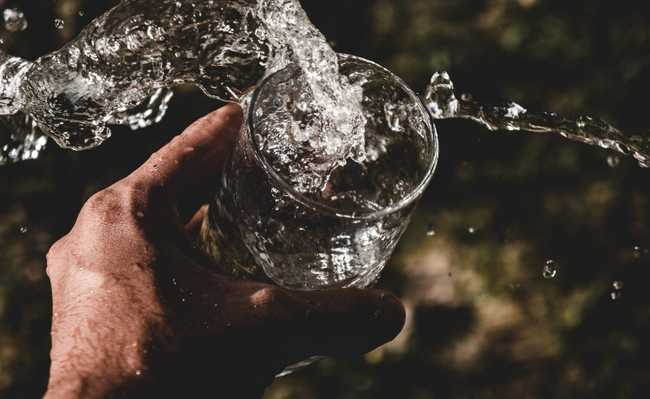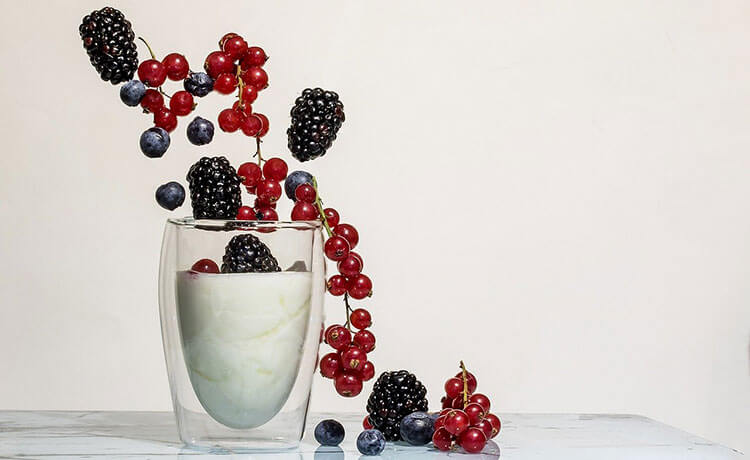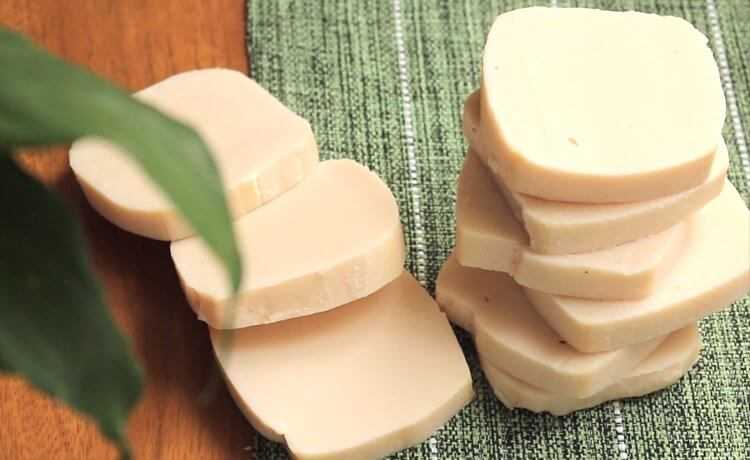How often should I drink water?
Find out what studies say about how often you should drink water

Anderson Rian's edited and resized image is available on Unsplash
How often should I drink water? This is a very frequent question. After all, more than half of the human body is made up of water. So how to supply it the right way? There are many different opinions about this. Health experts recommend eight glasses of water a day, which is equivalent to about two liters. However, some health gurus claim that it is necessary to drink water constantly throughout the day, even when you are not thirsty. Understand what the studies say about it:
Does the amount of water affect energy levels and brain function?
Many people claim that if they become dehydrated, their energy levels and brain function begin to deteriorate in performance. And there are many studies that support this claim. A study in women showed that a 1.36% fluid loss after exercise impaired mood and concentration and increased the frequency of headaches (see the study about it here: 1).
Other studies show that mild dehydration (1-3% of body weight) caused by exercise or heat can impair many other aspects of brain function (2, 3, 4). Remember that only 1% of body weight is a very significant amount. This mostly happens when you're sweating a lot. Mild dehydration can also negatively affect physical performance, leading to a drop in endurance (5, 6, 7).
Does drinking a lot of water help you lose weight?
According to two studies, drinking 500 ml of water can temporarily increase metabolism by 24 to 30% (8). Researchers have estimated that drinking water can increase energy expenditure. In addition, it may be beneficial to drink cold water, as the body will need to expend more calories to heat the water to body temperature.
Does drinking more water help prevent disease?
Several health problems supposedly respond well to increased water intake:
- Constipation: increasing water intake can help with constipation, a very common problem (13, 14, 15);
- Cancer: Some studies show that those who drink more water have a lower risk of developing bladder and colorectal cancer, although other studies find no effect (16, 17, 18, 19);
- Kidney stones: increasing water intake may decrease the risk of kidney stones (20, 21);
- Moisturizing acne and skin: There are many reports about how water can help hydrate your skin and reduce acne. To date, no study has confirmed or refuted this.
Do other sources of liquid enter the account?
Plain water is not the only drink that contributes to hydration. Other drinks and foods can have a significant effect. One myth is that caffeinated beverages like coffee or tea don't help hydrate you because caffeine is a diuretic. In fact, studies show that the diuretic effect of these drinks is very weak (22).
Most foods are also water-laden. Fruits and vegetables contain significant amounts of water.
trust your thirst
Keeping your body hydrated is essential for health. For this reason, the body has a sophisticated system for regulating when and how much water you drink. When the total water content drops below a certain level, thirst kicks in. This is controlled by breathing-like mechanisms - you don't have to consciously think about it.
For most people, there is probably no need to worry about water intake. The thirst instinct is very reliable (23). That said, certain circumstances may require an increase in water intake. The most important may be during periods of increased sweating. This includes exercise and hot weather, especially in dry weather.
If you're sweating heavily, be sure to replenish lost fluid with water. Athletes who exercise very long and strenuous may also need to replace electrolytes along with water.
The need to drink water also increases during breastfeeding, as well as several cases of illnesses such as vomiting and diarrhea. In addition, the elderly may need to consciously observe water intake, because thirst mechanisms may start to malfunction in old age (25).
How much water should I drink a day?
At the end of the day, no one can tell you exactly how much water you need. It depends on the individual. Try experimenting to see what works best for you. Some people can function better by consuming more water than usual.
If you want to simplify things, these guidelines should apply to most people:
- When thirsty, drink water.
- When you are no longer thirsty, stop.
- During intense heat and exercise, drink enough to make up for lost fluids.










